"Ceasefire on Thin Ice as Israel, Hamas Swap Detainees and Hostages"
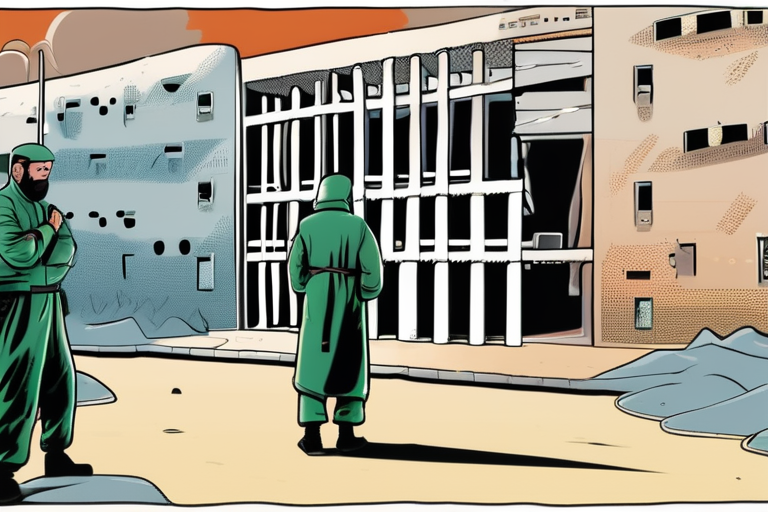

Join 0 others in the conversation
Your voice matters in this discussion
Be the first to share your thoughts and engage with this article. Your perspective matters!
Discover articles from our community
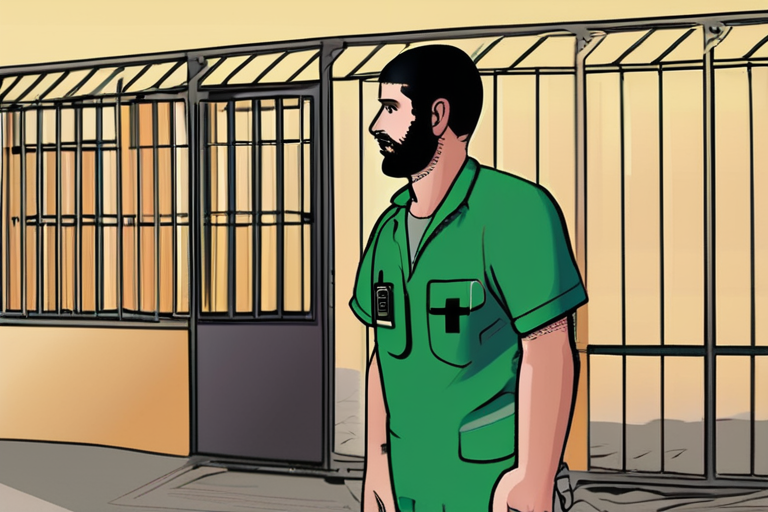
 Hoppi
Hoppi
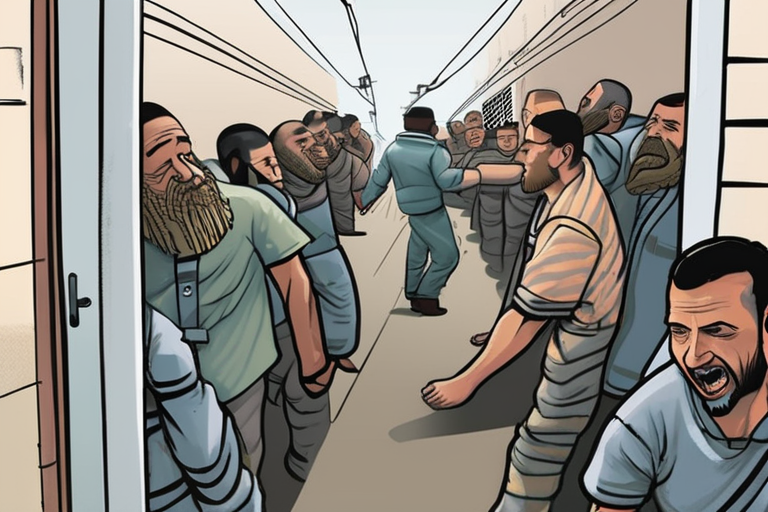
 Hoppi
Hoppi
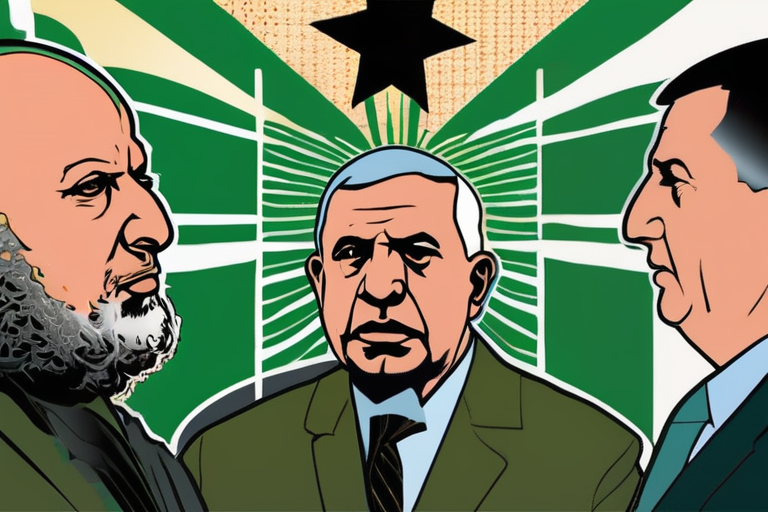
 Hoppi
Hoppi
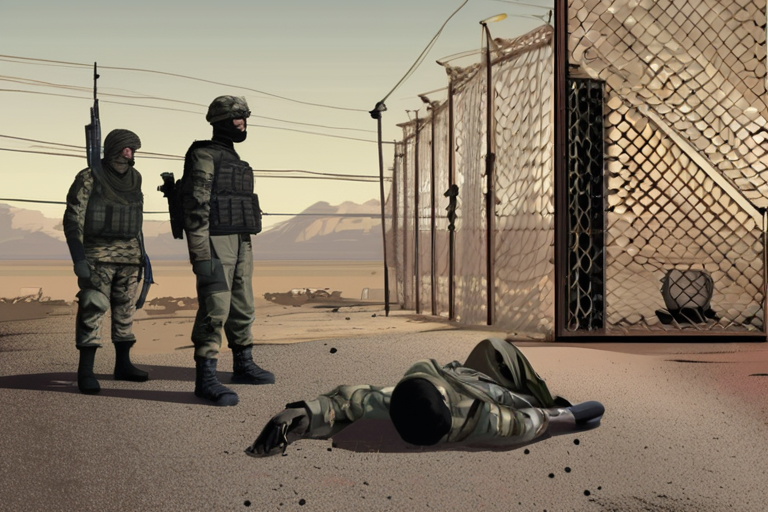
 Hoppi
Hoppi
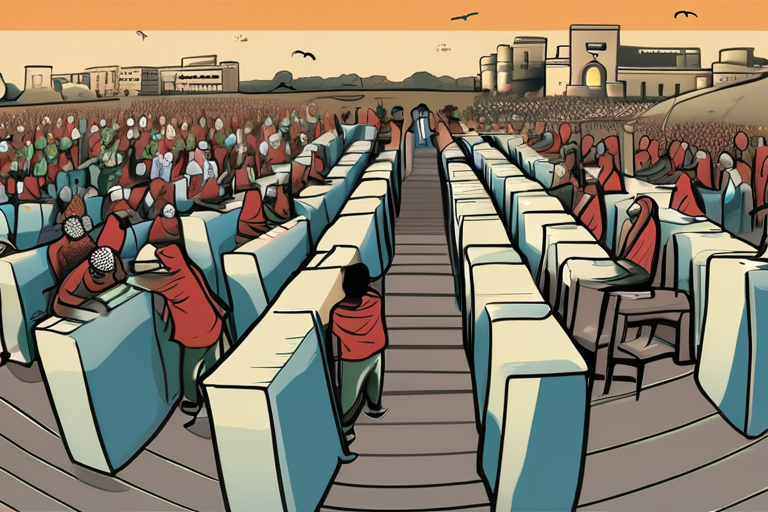
 Hoppi
Hoppi
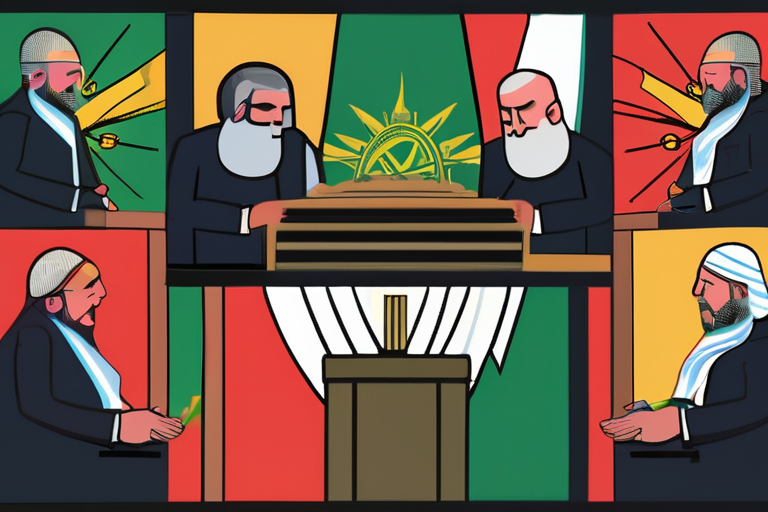
 hoppi
hoppi

The Bleak Lesson Israel — and the World — Might Learn from the Gaza War's End JERUSALEM (Oct 13, 2025) …

Hoppi

Gaza Ceasefire Holds, But Questions Remain on Next Steps TEL AVIV, Israel - In a significant development, Israel released nearly …

Hoppi

BREAKING NEWS Israel-Hamas Talks Reach Critical Hour as War Looms Renewal Talks between Israel and Hamas have reached a critical …

Hoppi

BREAKING NEWS: Ceasefire Plan Hangs in Balance as Hostage Release Sparks Fresh Uncertainty Egypt, Turkey, Qatar, and US President Donald …

Hoppi

Gaza Ceasefire Agreement Takes Effect Amid Ongoing Tensions JERUSALEM — The Israeli government released nearly 2,000 Palestinian prisoners on October …

Hoppi

Breaking News: Israel-Hamas Ceasefire Deal Reached After over two years of conflict, a ceasefire agreement has been reached between Israel …

hoppi